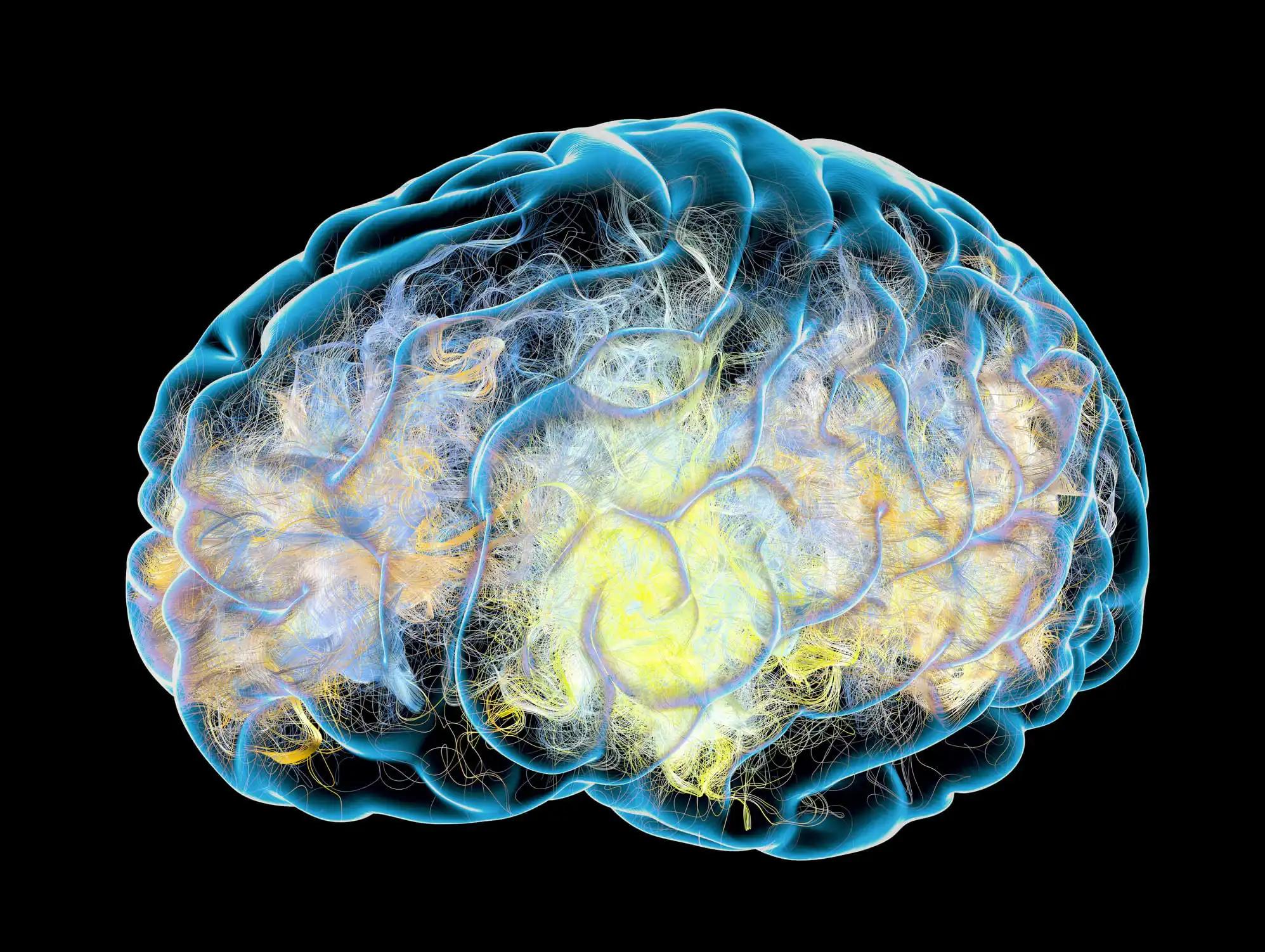KEY TAKEAWAYS
- The study aimed to explore prognostic factors for GC in adults with diffuse glioma.
- The results revealed that patient prognosis hinges on molecular type and performance status; aggressive surgery doesn’t enhance survival in GC.
Brain cancer studies often lack comprehensive analyses assessing how clinical, molecular, imaging, and surgical data affect gliomatosis cerebri (GC) survival.
Ilah Shin and the team conducted a study that aimed to explore predictive elements influencing GC outcomes among adults with diffuse glioma.
The study involved a retrospective review of charts and imaging for 99 patients with GC among adult-type diffuse glioma (out of 1,211 patients, including 6 with oligodendroglioma, 16 with IDH-mutant astrocytoma, and 77 with IDH-wildtype glioblastoma) at a single institution between 2005 and 2021. The aim was to identify overall survival (OS) predictors for all patients, specifically those with IDH-wildtype glioblastoma.
The results revealed that in the entire patient cohort, the median OS was 16.7 months (95% CI 14.2–22.2), whereas in patients with IDH-wildtype glioblastoma, it was 14.3 months (95% CI 12.2–61.9). For the entire patient cohort, Karnofsky Performance Status (KPS) (HR= 0.98, P= 0.004), absence of 1p/19q codeletion (HR= 10.75, P= 0.019), MGMT promoter methylation (HR= 0.54, P= 0.028), and presence of hemorrhage (HR= 3.45, P= 0.001) were identified as independent prognostic factors in multivariable analysis.
In patients with IDH-wildtype glioblastoma, only KPS (HR= 2.24, P= 0.075) emerged as an independent prognostic factor in multivariable analysis. Furthermore, within the subgroup of IDH-wildtype glioblastoma patients with contrast-enhancing (CE) tumors, total resection of the CE tumor did not retain significance as a prognostic factor (HR= 1.13, P= 0.685).
The study concluded that the prognosis of patients with GC depends on the underlying molecular type and the patient’s performance status. In comparison to diffuse glioma without GC, aggressive surgery targeting CE tumors in patients with GC does not improve survival.
Research received support from the Basic Science Research Program, funded by the Ministry of Education through the National Research Foundation of Korea.
Source: https://link.springer.com/article/10.1007/s11060-024-04656-9
Shin, I., Sim, Y., Choi, S.H., et al. (2024). “Revisiting prognostic factors of gliomatosis cerebri in adult-type diffuse gliomas.” J Neurooncol (2024). https://doi.org/10.1007/s11060-024-04656-9



